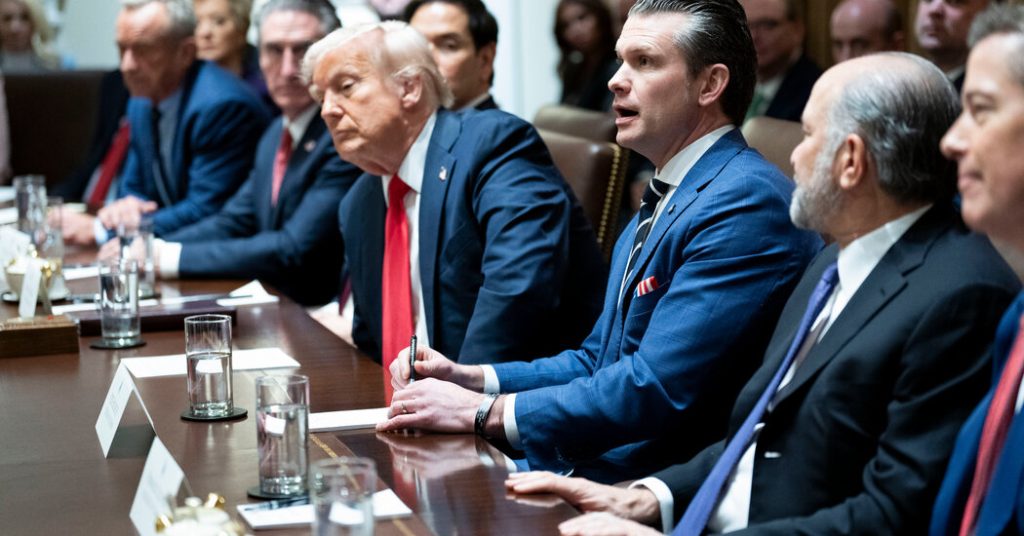U.S. Halts Offensive Cyber Operations Against Russia: A Strategic Shift in Diplomatic Engagement
Introduction to the Strategic Shift
The U.S. has recently halted offensive cyber operations against Russia, a move orchestrated by Defense Secretary Pete Hegseth. This decision is part of a broader strategy to engage Russia in diplomatic talks regarding Ukraine, aiming to find a peaceful resolution and potentially redefine the U.S.-Russia relationship. The cessation of these operations is a strategic gamble, relying on the hope that Russia will reciprocate by easing its own hostile activities.
The Blurred Lines of Cyber Operations
The distinction between offensive and defensive cyber operations is often murky, making it challenging to clearly categorize the halted activities. However, maintaining access to Russian networks for espionage remains crucial. This intelligence gathering is vital for understanding Putin’s intentions and internal Russian discussions, which could influence negotiation outcomes.
A Calculated Risk in Diplomacy
Pausing military operations during sensitive diplomatic negotiations is not uncommon, yet this move is inherently risky. The U.S. is betting on Putin’s reciprocation, hoping Russia will reduce its "shadow war" activities, including cyberattacks and sabotage in Europe. Despite Russia’s ongoing aggression, the U.S. is choosing a path of de-escalation, which critics argue may be perceived as a sign of weakness.
Impact on Global Cybersecurity and Alliances
The U.S. has been a key player in helping European allies counter Russian cyber threats, often through covert operations involving the UK and Canada. This decision might shift U.S. focus towards China, its primary cyber adversary, potentially altering the dynamics of international cybersecurity efforts. The halt in offensive operations also raises concerns about increased vulnerability to Russian cyberattacks and propaganda, especially given Russia’s history of ransomware attacks and election interference.
Strategic Intentions and Historical Context
Secretary Rubio defends the strategy, emphasizing the need to bring Russia to the negotiating table without antagonizing them. This approach, while aimed at ending the conflict in Ukraine, has drawn criticism for appearing to ease pressure on Moscow. Historically, the U.S. has fluctuated in its approach to Russia, from increasing cyber operations under Trump to the current pause, reflecting a complex geopolitical strategy influenced by the desire to maintain relations with Putin.
Conclusion: Balancing Strategy and Risk
The decision to halt offensive cyber operations is a significant shift, marking a departure from previous strategies that favored aggressive engagement. It represents a calculated risk, aiming for diplomacy but carrying the potential for increased vulnerability. The outcome hinges on Russia’s response, which remains uncertain, leaving the U.S. and its allies in a precarious position as they navigate this new strategic landscape.


